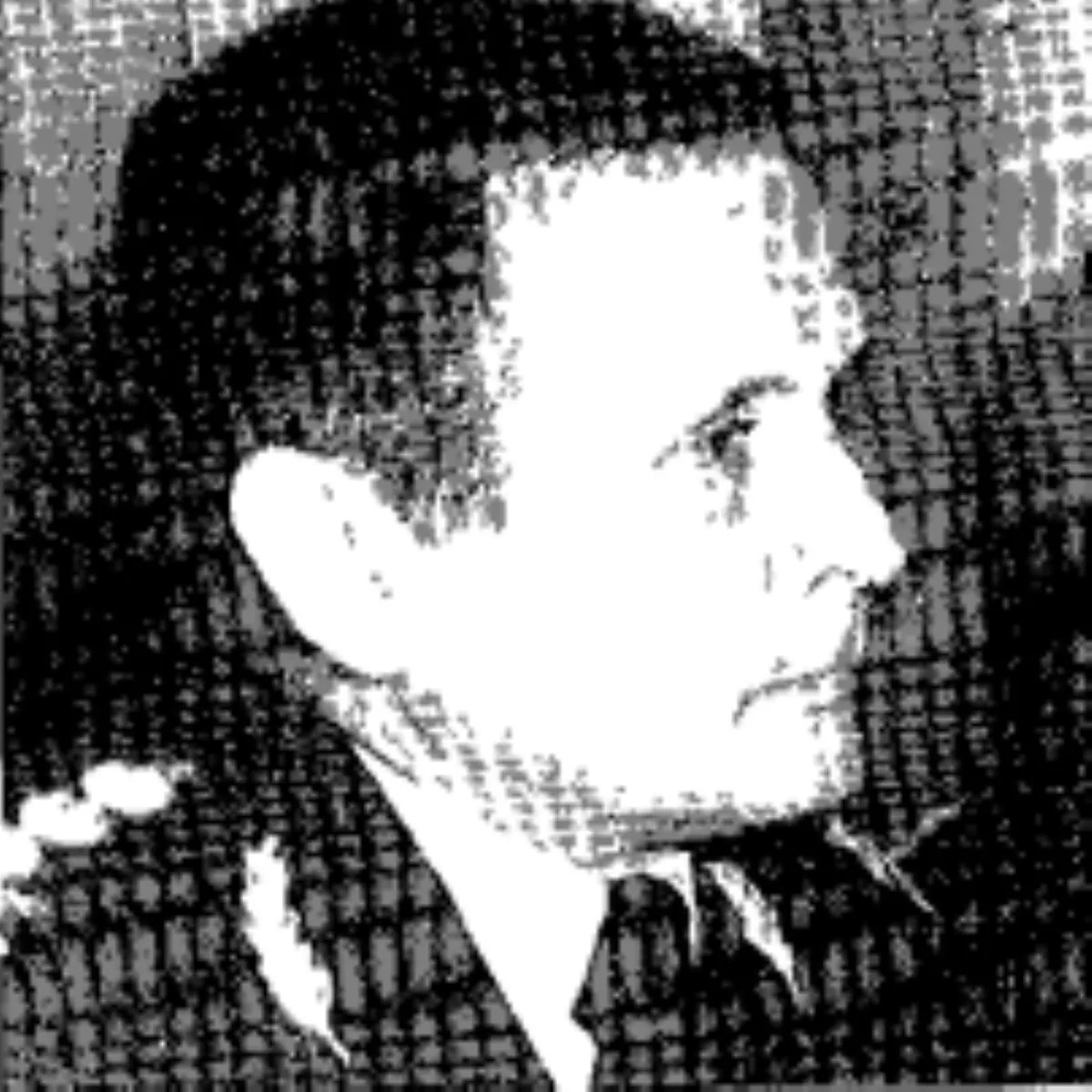 1.
1. Miguel Osvaldo Etchecolatz was an Argentine police officer, who worked in the Buenos Aires Provincial Police during the first years of the military dictatorship of the 1970s, known as the National Reorganization Process, which Etchecolatz was deeply involved in.